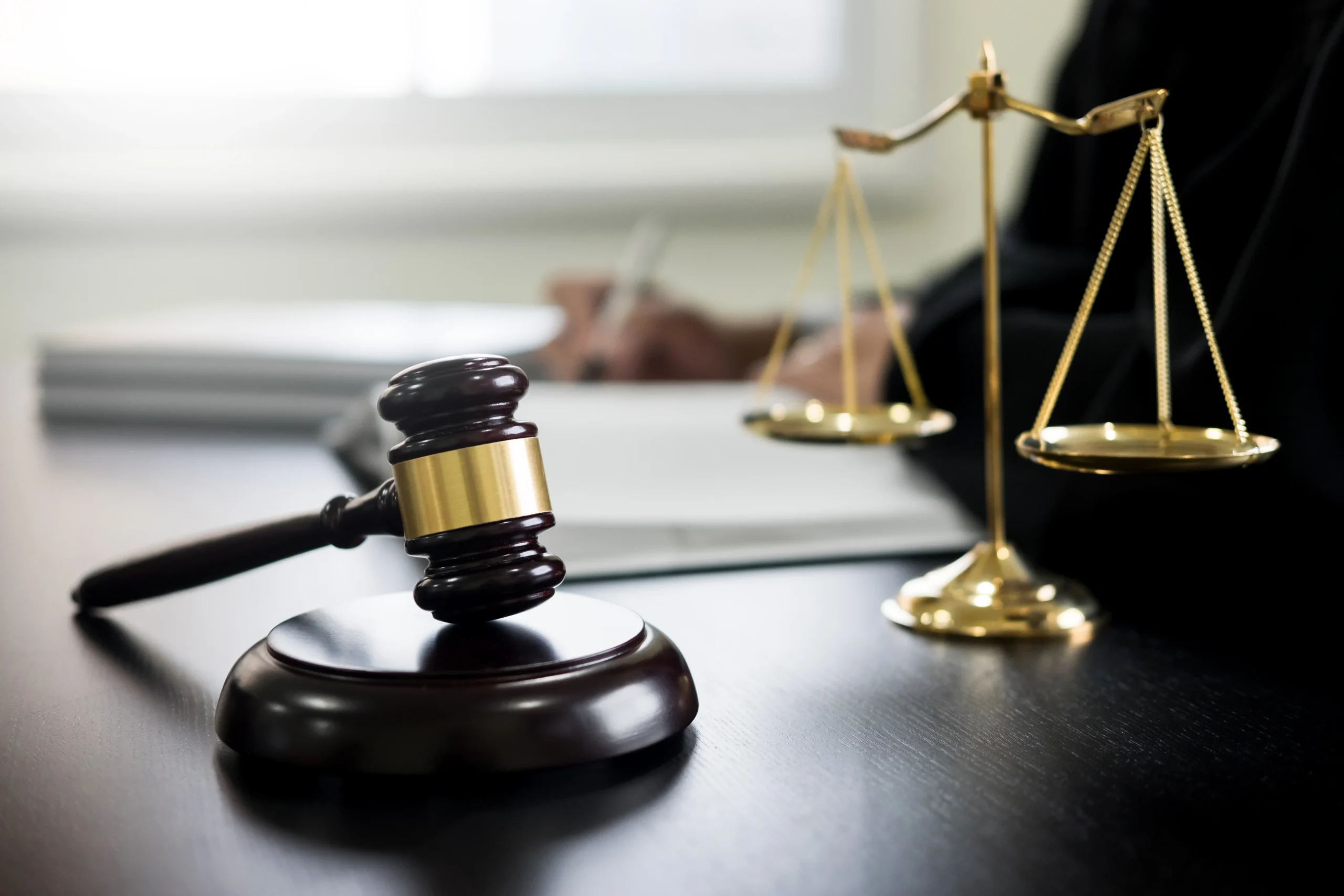Getting arrested is stressful no matter where you are—but if it happens in a foreign country like the UAE, the experience can feel overwhelming. Language barriers, unfamiliar laws, and fear of the unknown can make it hard to know what to do next.
Whether you’re a resident, tourist, or businessperson, it’s crucial to understand your rights and responsibilities if you’re detained in the UAE. The country’s legal system provides protections, but procedures may differ from what you’re used to in other parts of the world.
This guide outlines what happens after an arrest in the UAE, what rights you have, and how to respond to protect yourself legally and practically.
1. Common Reasons for Arrests in the UAE
Understanding why people are arrested can help you avoid trouble. Common causes include:
- Financial disputes (bounced cheques, unpaid debts)
- Alcohol consumption without a license
- Public indecency or inappropriate behavior
- Social media violations
- Cybercrime (e.g., online insults or defamation)
- Immigration issues (visa overstays)
Even minor infractions can result in detention, so it’s essential to know the law and act cautiously.
2. What Happens Immediately After Arrest
a. Taken to a Police Station
You will be taken to the nearest police station. Authorities may confiscate your phone and personal items. You may be held for questioning.
b. Initial Investigation
Police will prepare an incident report and begin an investigation. You may be asked to sign documents—always request a translator and understand the content before signing.
c. Detention
You can be held for up to 48 hours before being referred to the Public Prosecution. In some cases, this period can be extended.
3. Your Legal Rights After Arrest
The UAE provides legal rights to both citizens and expatriates:
- Right to remain silent
- Right to legal representation
- Right to contact your embassy or consulate
- Right to an interpreter if you do not understand Arabic
These rights are protected under UAE law and international conventions. However, they must be asserted respectfully and clearly.
4. The Role of Public Prosecution
After police complete the preliminary investigation, the case is forwarded to the Public Prosecution. A prosecutor will:
- Review the police file
- Question the accused
- Decide whether to press charges, release the accused, or extend detention
This is a critical stage, as it determines whether the case proceeds to court.
5. Access to a Lawyer
You have the right to hire a lawyer at any stage of your detention. A lawyer can:
- Be present during questioning
- Submit legal defenses or requests for bail
- Ensure that your rights are respected
If you cannot afford one, your consulate may help arrange legal assistance.
6. What Your Embassy or Consulate Can Do
Foreign nationals should immediately inform their embassy. While consular staff cannot get you released, they can:
- Contact your family
- Ensure you’re treated fairly
- Provide a list of lawyers
- Visit you in detention
Embassies are often crucial intermediaries during the legal process.
7. Bail and Temporary Release
In some cases, the court may grant bail. This often requires:
- Payment of a financial guarantee
- Surrender of passport
- A UAE national sponsor
Bail terms vary by case type, seriousness of offense, and the risk of flight.
8. Trial and Court Proceedings
If the case proceeds, you will go through the UAE court system, which includes:
- First Instance Court: Handles initial trial
- Court of Appeal: Hears appeals on verdict or sentence
- Court of Cassation: Final court, reviews points of law only
Trials are usually conducted in Arabic with translators provided. Having a competent lawyer can significantly affect outcomes.
9. Deportation and Travel Bans
Convictions may result in:
- Deportation (mandatory or discretionary depending on the offense)
- Travel bans during investigation or post-judgment
- Entry bans after deportation for certain crimes
It’s important to clarify your status with your lawyer and embassy.
10. Tips to Protect Yourself During Arrest
- Remain calm and polite
- Don’t resist or argue with officers
- Request legal counsel and a translator
- Avoid signing anything you don’t understand
- Call your embassy as soon as possible
Staying composed and informed can prevent the situation from escalating.
Conclusion: Know Your Rights, Protect Your Future
Being arrested is frightening, but knowing what to expect can give you control over an otherwise chaotic situation. The UAE legal system is structured, and rights are granted under its framework—but understanding those rights is key.
Whether you’re a resident or visitor, stay informed, act responsibly, and seek proper legal guidance if trouble arises. Preparedness is your best defense.






